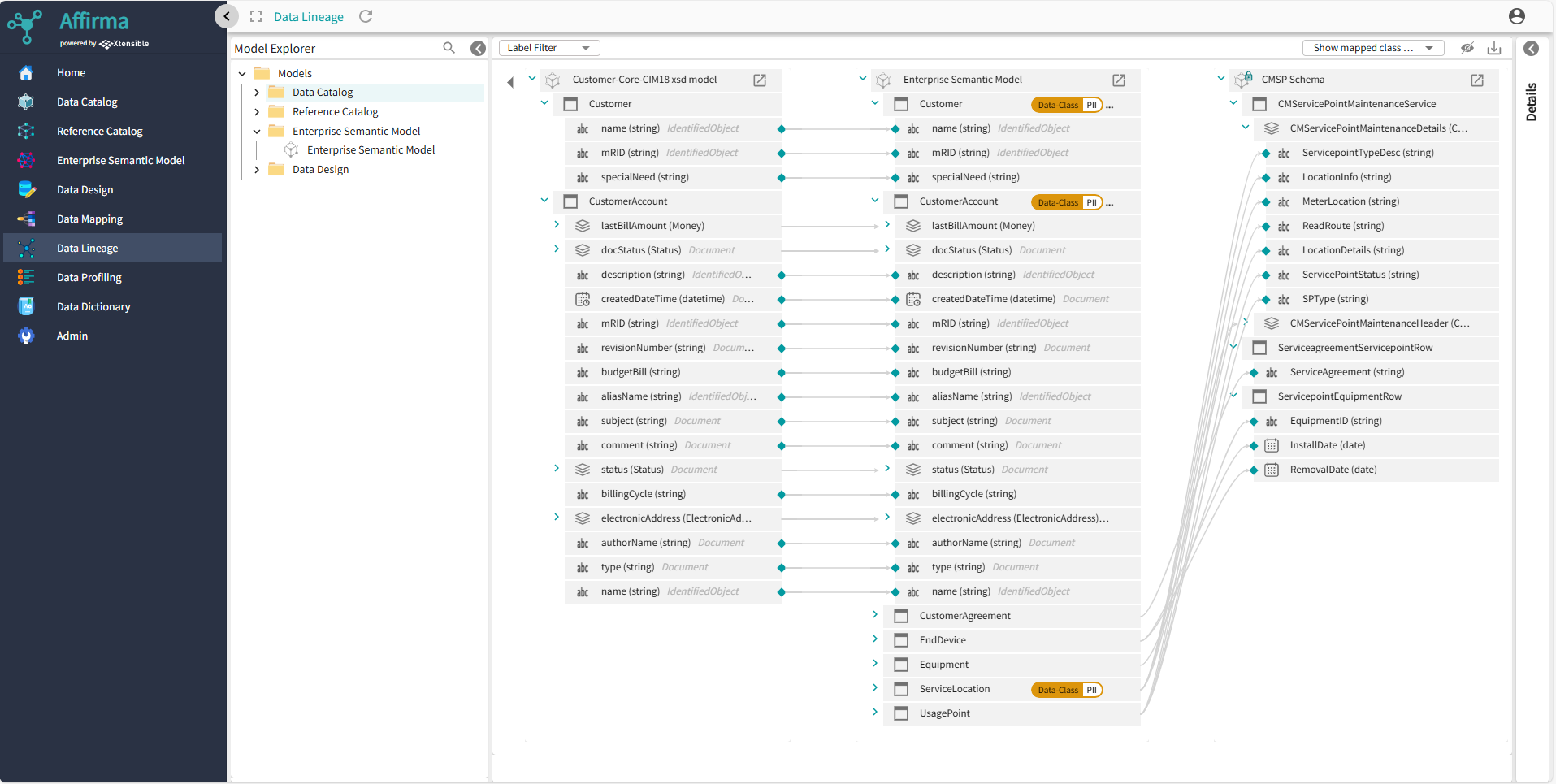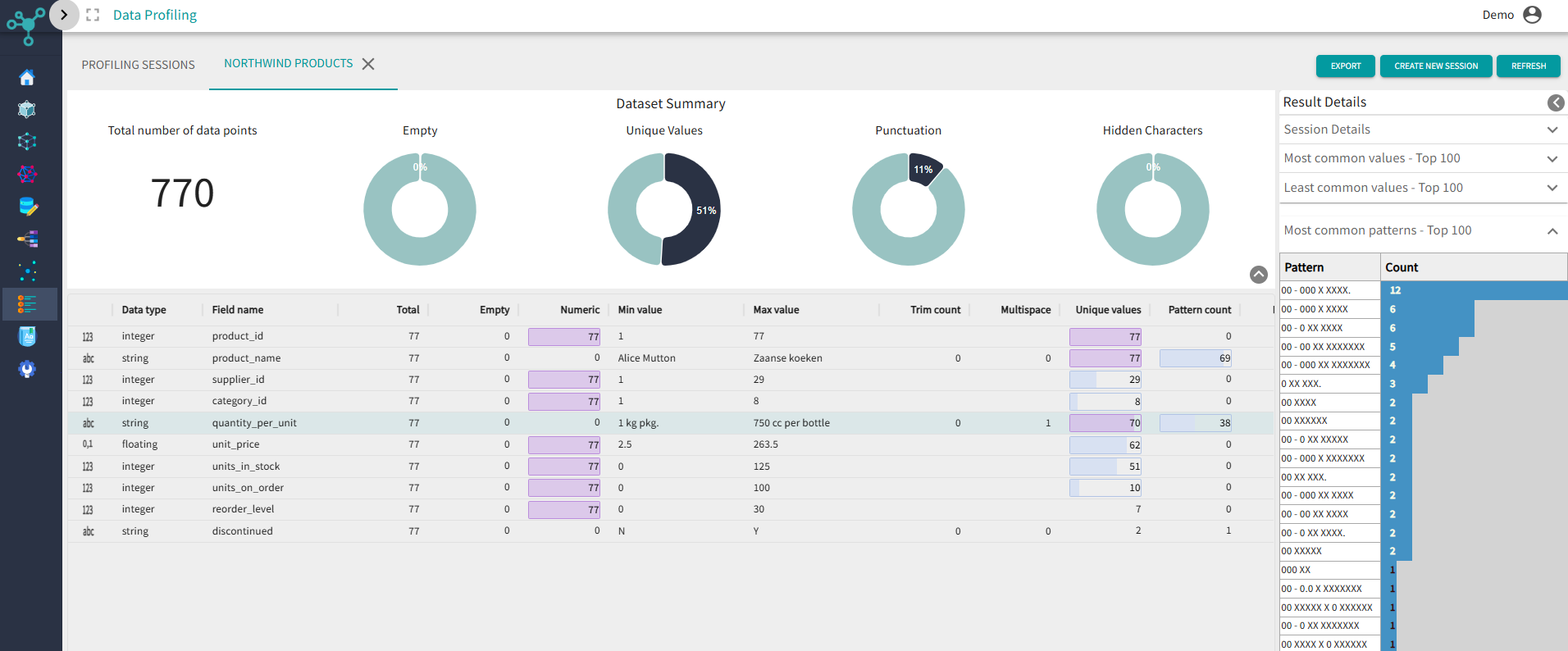REGULATORY AND COMPLIANCE
Applying policy to data
Organizations must comply with a multitude of regulatory requirements, audits and reporting to show compliance and for gap identification which must be translated into actionable policies and processes. With Affirma you can create the link between policy and how data needs to be managed.
$5.47 million
The average cost of compliance for an organization, based on a sample of 53 multi-national organizations. [1]
$14.82 million
The average cost of non-compliance for an organization, based on a sample of 53 multi-national organizations. [1]
Translate requirements and policies into metadata
Classify sensitive data according to its level of sensitivity, such as internal, public, confidential, or restricted, to ensure appropriate handling and protection. Apply descriptive labels and metadata tags that reflect policy domains, regulatory requirements, and compliance frameworks. Clearly define data ownership and assign responsibility for stewardship, while establishing granular access control based on roles, responsibilities, and business needs.
Build in auditability in data handling
Visualize and analyze data flows from source systems through to their points of consumption, for a comprehensive understanding of how data moves, identifying sensitive or restricted data fields early in the pipeline. By understanding data and integration design, you can ensure that such data is appropriately flagged and that its propagation is limited or controlled when moving to downstream systems.
Enforce policies across technologies for compliance
Proactively leverage metadata to automate enforcement mechanisms, such as triggering access restrictions, setting data retention or archival policies, and supporting audit and compliance reporting. Observe metadata patterns to monitor data quality, detect anomalies, unusual behavior, or policy violations in real time. A metadata-driven approach transforms governance from a manual, checklist-based effort into an automated, scalable, and auditable framework that supports regulatory compliance and organizational accountability.

Why does Data Governance Matter?
OPERATIONALIZATION OF PERSONAL DATA PRIVACY
75% of the worlds population will have their data protected by privacy regulations by end of 2025, needing technology for enforcement. [2]
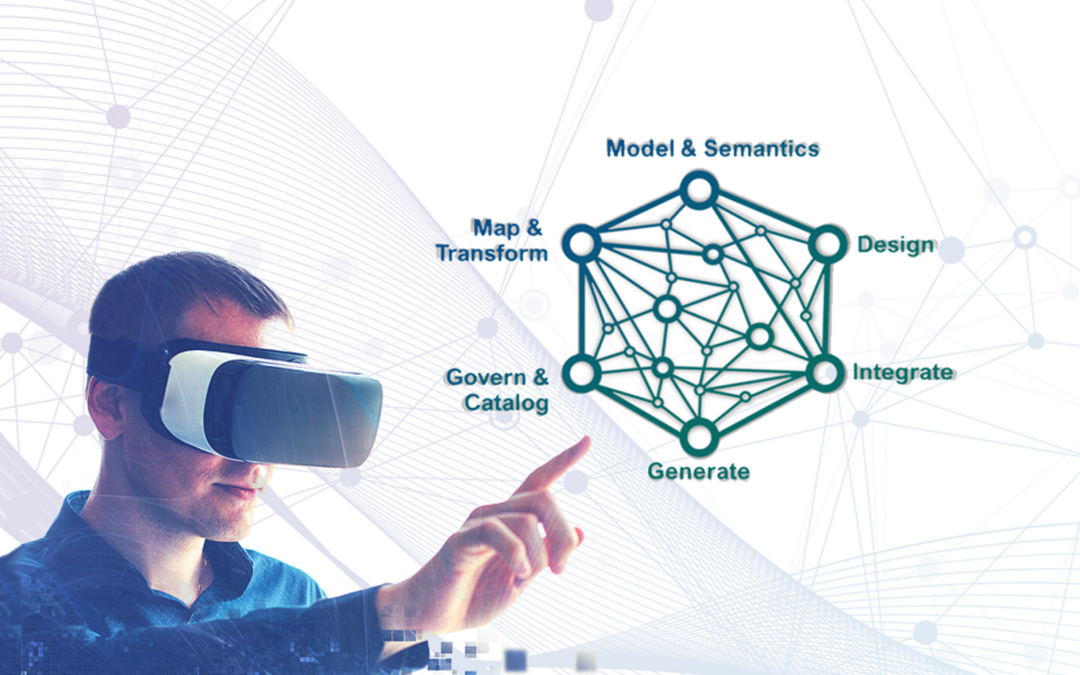
Changing Your Data Management Reality
The reality we face today is an exponential growth of data with the potential to drive operational efficiencies and innovation. But this deluge of data needs to be managed, in a structured way, through processes, frameworks, practices and ideally driven by technology...
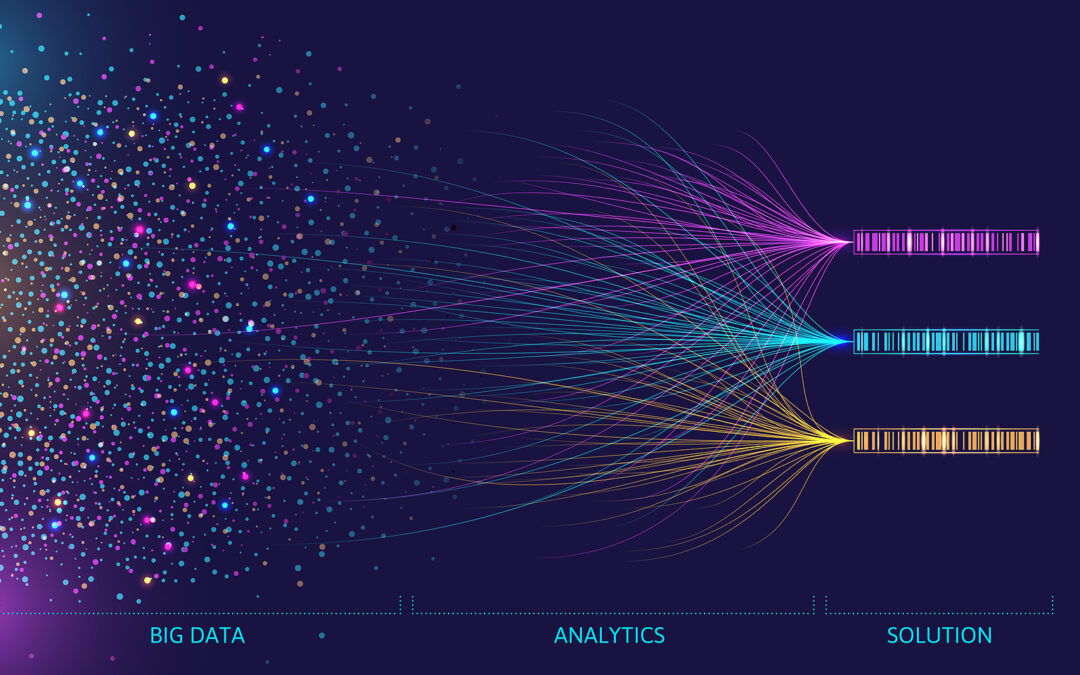
Garbage In Is Garbage out – The Importance of Data Labels
There is a common expression in technology domains being “garbage in, garbage out”. The expression was popular in the early days of computing and is even more relevant today as we utilize innovative technologies such as machine learning and artificial intelligence,...
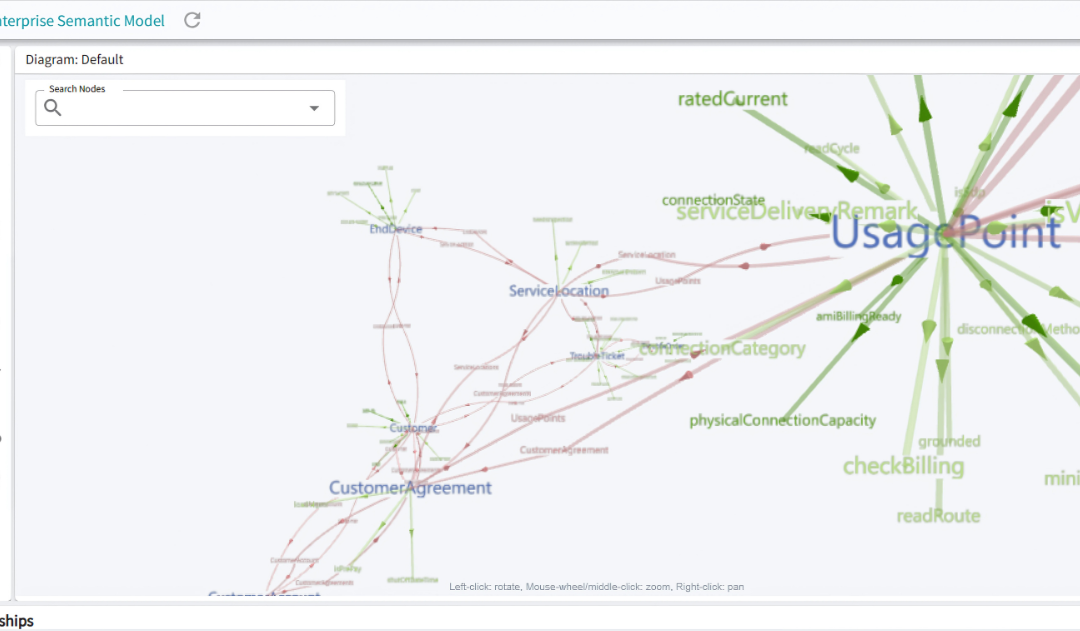
Affirma Product Update – Knowledge Graph Viewer
Visualization helps turn abstract ideas into tangible insights. Whether you are solving complex problems, aligning a team, or setting goals, being able to see something often makes it real and easier to grasp. To foster alignment and smarter decision-making, it's...








